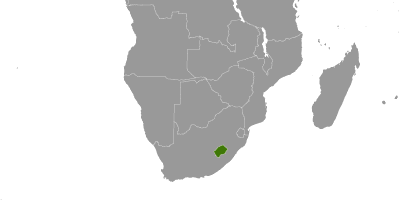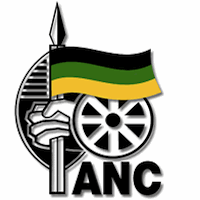“Relics” of the feared and hated Apartheid-era “South African Defence Force” are secretly (and illegally) fighting Boko Haram for Nigeria, according to recent reporting by The New York Times:
Hundreds of mercenaries from South Africa and other countries are playing a decisive role in Nigeria’s military campaign against Boko Haram, operating attack helicopters and armored personnel carriers and fighting to retake towns and villages captured by the Islamist militant group, according to senior officials in the region.
[…]
A senior Western diplomat confirmed that the South Africans were playing “a major operational role,” particularly at night. Equipped with night-vision goggles, the mercenaries “are whacking them in the evening hours,” the diplomat said.
“The next morning the Nigerian Army rolls in and claims success,” the diplomat added. The mercenaries “are doing the heavy lifting,” said the diplomat, who was not authorized to speak publicly on the matter.
Another diplomat, also unauthorized to speak publicly on the matter, said he believed the mercenary force was composed of fighters from other countries as well, but mainly South Africa.
[…]
Photographs showing white soldiers atop armored vehicles on what appears to be a major road in Maiduguri have been posted in recent days on Nigerian Twitter feeds. A correspondent for The New York Times in Maiduguri identified the location as the Baga Road. The correspondent has seen the South African mercenaries jogging around Maiduguri’s airport, now closed, where they are encamped.
Meanwhile, a steady stream of optimistic propaganda reports from the Nigerian military (and from President Goodluck Jonathan) has taken credit for victory after victory in the campaign against Boko Haram in the country’s northeast, ahead of the postponed elections. This once again undermines the already shaky credibility, on multiple levels, of Nigeria’s armed forces.
An extensive report from South Africa’s Institute for Security Studies speculates that many of the ex-SADF mercenaries are likely veterans of the brutal counterinsurgency campaign that Apartheid South Africa waged in Angola and in South African-occupied South West Africa (now Namibia).
[…] the sort of operations that the ex-SADF soldiers would be conducting against Boko Haram would be very similar to some of the operations they had conducted against the South West Africa People’s Organisation (SWAPO), namely ‘very high mobility operations by small forces, heavy in firepower and in protected vehicles, and based on the prompt and quick exploitation of intelligence; backed up by air assault or even parachute insertion of stopper groups.’
The contract with SADF veterans — prohibited by South African law from undertaking military operations for hire abroad — also raises more questions about the repeated attempts by Nigerian officials to bring or transfer huge amounts of money into South Africa last fall (example) for undisclosed “purchases” relating to the war against Boko Haram.
Elsewhere, the military of neighboring Chad also continues to conduct quasi-authorized (but mostly unilateral) operations against Boko Haram on Nigerian soil.

Ensign of the South African Defence Force 1981-1994 (via Wikimedia)




 South Africa’s biggest union has announced it
South Africa’s biggest union has announced it